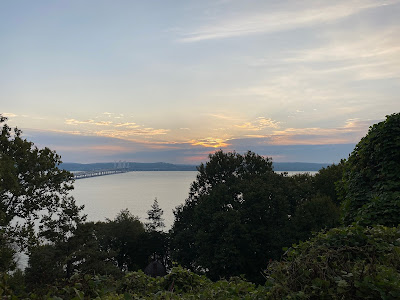We look at life through a lens.
Lenses inflect their prejudice upon the image they receive; every lens imposes a range due to its curvature, which imparts a precision within that range at the expense of what lies outside it. Our personality and our essence are the two ends of the lens we have through which we see the world. The essence is a fixed lens, representing the range we can perceive through; and the personality represents the aperture and the depth of field, adjustments that can be made within the capacity of that particular lens.
In this way, we see that it is impossible to look at our life through a different lens. Our Being is the lens we have; the lens will not change. What we need to do, rather, is look at at life through the same lens, differently.
We have to learn a new way to see.
In this activity, the mind’s intelligence rests chiefly in its silence. In us, there is far too much doing and not enough Being.
Doing is the known; Being is the unknown.
Doing characterizes. Being receives.
Be still, and life will come.
We don’t see how we want to be special. Gurdjieff’s folktale about the obyvatel is about how we are inside, not about how a man acts externally in ordinary life. The ego wants to be special. It lies about this constantly, especially in relationship to inner work. I disavow an interest in being special, I pretend that I just want to see things as they are and be objective and so on; but all of these things are lies. In reality, behind the veil, the whole reason I work is that I want to be special. I want to have the special experience; I want to be free because I think that’s special. Everything that I say, think, do — all inflected by the lens. The ego. All of my work comes from a place that wants to be special. I don’t see this at all.
All of that has to go. Our associations are obsessed, compulsively obsessed, with finding ways to make everything special. Whether that specialness is a good special or a bad special, it doesn’t matter. Everything is a comparative; everything is judged.
When the mind is silent, and the sensation forms relationship — please be very clear, it is the sensation that forms the relationship, not me — then something new happens. A different part of me sees. It has a vision my mind, my intellect, cannot have. Then perhaps I discover that I am able to see without eyes, to hear without ears, to speak without a tongue. And it is in this place that I first begin to sense that the kingdom of heaven is within.
Meister Eckhart says some very interesting things that relate to these observations in his sermons 37, 38, and 39. I won’t quote them here; but they are worth reading carefully in this context.
May you be well within today.
Lee
Lee van Laer is a Senior Editor at Parabola Magazine.



No comments:
Post a Comment
Note: Only a member of this blog may post a comment.